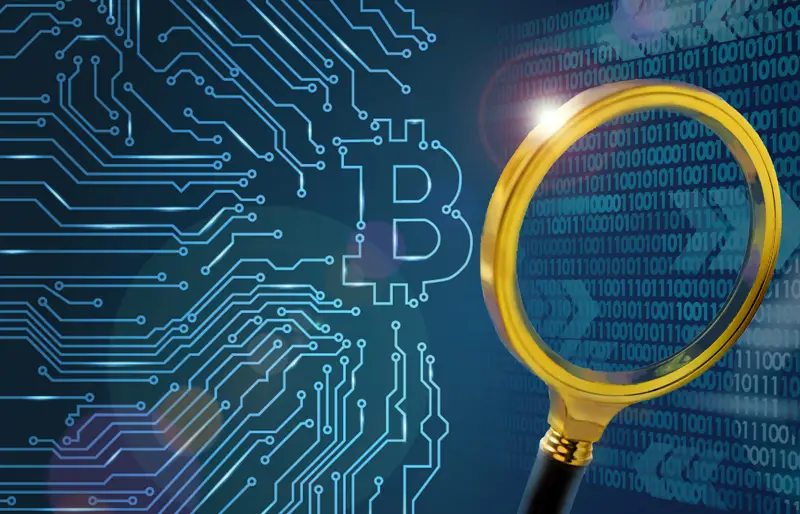
While blockchains were initially created to aid in the development of cryptocurrencies, they are now widely used in businesses for smart contracts, online transaction management, asset record management, and data security. They allow for the safe storage and organization of critical information to ensure the integrity and availability of the information by acting as digital ledgers living in a distributed infrastructure. The principle of the immutable ledger is at the heart of blockchain’s evolution.
This technology has created a need for crypto auditing to provide independent assurance of the blockchains’ validity, security, and authenticity. This article will explain a crypto audit and why you need it.
A professional cryptocurrency auditor will use automated bug detection tools to reveal commonly known vulnerabilities, followed by a manual execution of a systematic and structured code review of the blockchain project. The primary goal of crypto auditing is to detect high-severity bugs in code. Before conducting an audit, the crypto audit company’s security team must thoroughly understand the project’s architecture and use cases and identify the target system’s key components.
The threat modeling phase of blockchain auditing is critical because it reveals data spoofing and data tempering and allows for detecting DDoS attacks on a blockchain system. And the final stage of crypto auditing provides for the exploitation of discovered vulnerabilities to estimate potential threats that a project under test may face and their further remediation.
What are the major tasks that security experts perform during a crypto audit?
Security experts gather information about the project infrastructure, critical components of the system under test, and use cases during the initial phase. To identify commonly known vulnerabilities, security professionals use automated bug detection tools. The manual execution of systematic and structured code review follows.
Can a crypto audit estimate the risks a project may face because of bugs in its code?
Yes, exploitation of discovered vulnerabilities is one of the main stages of a crypto audit. The exploitation of revealed bugs by security experts has no real impact on the project under test.
What are the primary advantages of applying for a token audit?
Projects can prevent malicious actors from stealing users’ assets by fixing bugs discovered during a crypto audit. That a project has passed a crypto audit will serve as a solid indicator to users of the project’s commitment to ensuring their security.
What factors influence the cost of a crypto audit?
The cost of a crypto audit varies depending on the security vendor, activities performed by security specialists, and the agreements reached between a client and a vendor.
A Crypto audit can be defined as determining whether the recorded transactions in a blockchain ledger are verifiably complete and correct based on the evidence of the transactions in the ledger.
A detailed understanding of the technology that implements the protocols is required to understand how to audit a blockchain ledger effectively. SmartOSC is a blockchain service industry leader with the skills and knowledge needed to provide effective solutions for blockchain technology users.
Increased acceptance and knowledge sharing have aided the spontaneous growth of cryptocurrency over the last…
Blockchain can be intimidating to research, but attending cryptocurrency events is one of the best…
Blockchain has made inroads into all major industries and is also becoming a part of…
In recent years, blockchain lending solutions have grown in popularity as a way to earn…
The scalability trilemma is still one of the blockchain's most pressing issues. Here are some…
Many people are looking for ways to get involved in the crypto world as the…